OUR BET
FOR SUSTAINABILITY
The Estropatada is an event organized by WOP that started in 2013 in Bilbao. An original race of geolocated ducks that takes place every year in the Estuary of Bilbao and that is broadcasted in streaming.
This unique race, which also hosts an incredible family party, has also been held in cities such as Pamplona and has been evolving.
Since 2021, the race’s ducks are ducks made from plant-based material.
The world’s first sustainable bio-ducks!
In any case, anti-pollution barriers are still being deployed on that day, as well as all the ducks are collected from the estuary at the end of the event, as every year
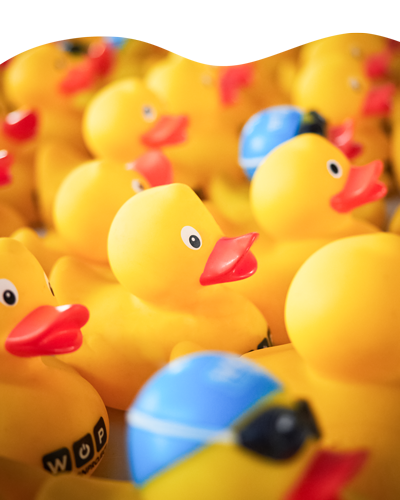
Years 2013 – 2018
Three different models of rubber ducks are produced
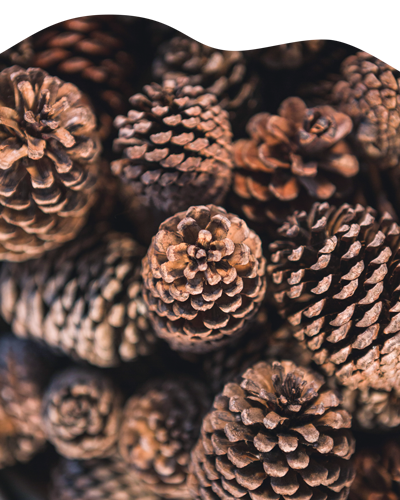
Years 2019 – 2020
We replaced the traditional ducks with a sustainable element: pine cones.
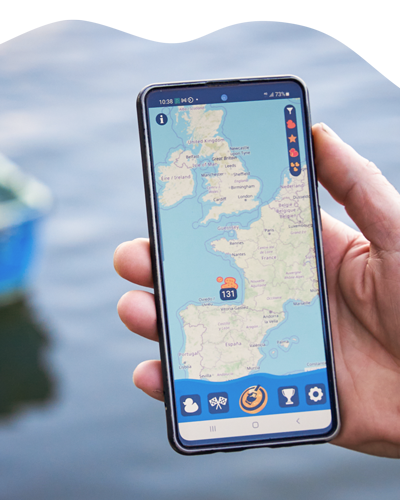
Year 2022
WOP holds a virtual duck race through its own APP
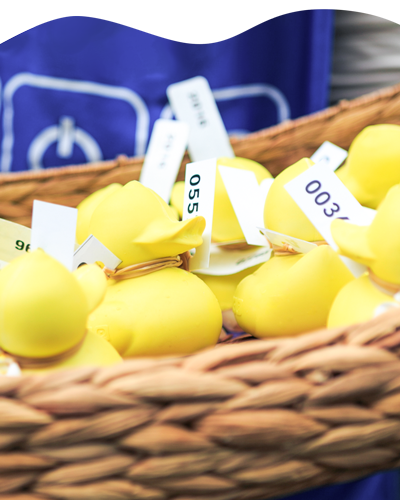
Years 2021 – Present
After years of R&D, the world’ s first bio-ducks made from plant-based materials are released.

Years 2013 – 2018
Three different models of rubber ducks are produced

Years 2019 – 2020
We replaced the traditional ducks with a sustainable element: pine cones.

Year 2022
WOP holds a virtual duck race through its own APP

Years 2021 – Present
After years of RD , the world’ s first sustainable biocomposites made of plant-based materials have been of plant-based materials in the world
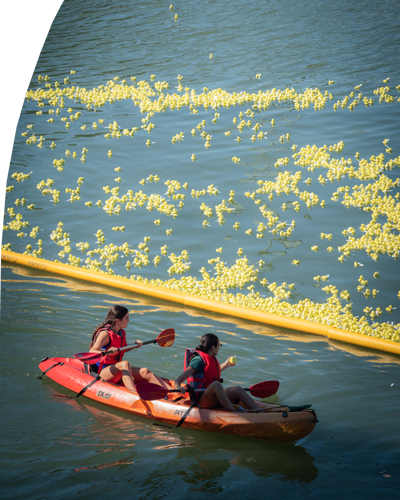
THE BIO DUCKS
These new ducks were manufactured with materials that allow their durability and are certified as compostable in a compostable plant. Also, the ducks were processed in specific molds, designed for WOP ducks, and were developed with the minimum possible thickness, being more sustainable due to the lower material consumption in their manufacture, while maximizing the speed of their future disintegration. The ducks are not perfect in any of their aspects. They are yellow, but their roughness is greater, they are not flexible and you can tell that they are the result of an R&D process. They are compostable in a composting plant and developed with plant-based materials, and are non-toxic to the environment. This is an exercise in advancing our sustainability efforts. Although our mission is the fight against neurodegenerative diseases, environmental aspects are transversal to our processes and events, which take place in the natural environment. It is a path that we are increasingly aware of as a society; a path that will clearly not be exempt from sacrifices to the levels of finishing and customs of use associated with traditional plastics and economic sacrifices until R&D is industrialized and socialized with bio alternatives.
THE BIO DUCKS

These new ducks were manufactured with materials that allow their durability and are certified as compostable in a compostable plant. Also, the ducks were processed in specific molds, designed for WOP ducks, and were developed with the minimum possible thickness, being more sustainable due to the lower material consumption in their manufacture, while maximizing the speed of their future disintegration. The ducks are not perfect in any of their aspects. They are yellow, but their roughness is greater, they are not flexible and you can tell that they are the result of an RD process. They are compostable in a composting plant and developed with plant-based materials, and are non-toxic to the environment. This is an exercise in advancing our sustainability efforts. Although our mission is the fight against neurodegenerative diseases, environmental aspects are transversal to our processes and events, which take place in the natural environment. It is a path that we are increasingly aware of as a society; a path that will clearly not be exempt from sacrifices to the levels of finishing and customs of use associated with traditional plastics and economic sacrifices until RD is industrialized and socialized with bio alternatives.

